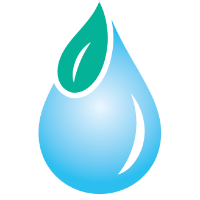Daugherty Water for Food Global Institute

Daugherty Water for Food Global Institute: Faculty Publications
Date of this Version
2014
Document Type
Article
Citation
Chapter 4 of On Target for People and Planet: Setting and Achieving Water-Related Sustainable Development Goals, pp. 19-22. Julie van der Bliek, Peter McCornick, and James Clarke (eds.) Colombo, Sri Lanka: International Water Management Institute, 2014.
Abstract
Society has a universal need for water that crosses all sectors of activity. We need to be able to measure progress towards sustainable water for all by working towards targets that consider the different dimensions of water resources and use, including water quantity and quality. A suite of indicators that reflect water use by different sectors is needed to measure progress towards the forthcoming SDGs’ [sustainable development goals] water-related targets. Such indicators will need to rely on national data, must consider the variation in data availability, and can be complemented with new cost-effective ways for data collection.
Remote sensing measurements, smart field sensors, ICT technologies, and open access databases create new opportunities to more accurately, cost-effectively and transparently quantify water resources. However, the usefulness and relevance of any indicators will be as important as the ease of measurement.
The challenge in progressing towards the water-related targets is to ensure that a balance is achieved between the competing uses of water, meeting human needs while maintaining ecosystem health.
Included in
Environmental Health and Protection Commons, Environmental Monitoring Commons, Hydraulic Engineering Commons, Hydrology Commons, Natural Resource Economics Commons, Natural Resources and Conservation Commons, Natural Resources Management and Policy Commons, Sustainability Commons, Water Resource Management Commons


Comments
Copyright 2014 International Water Management Institute. Used by permission.